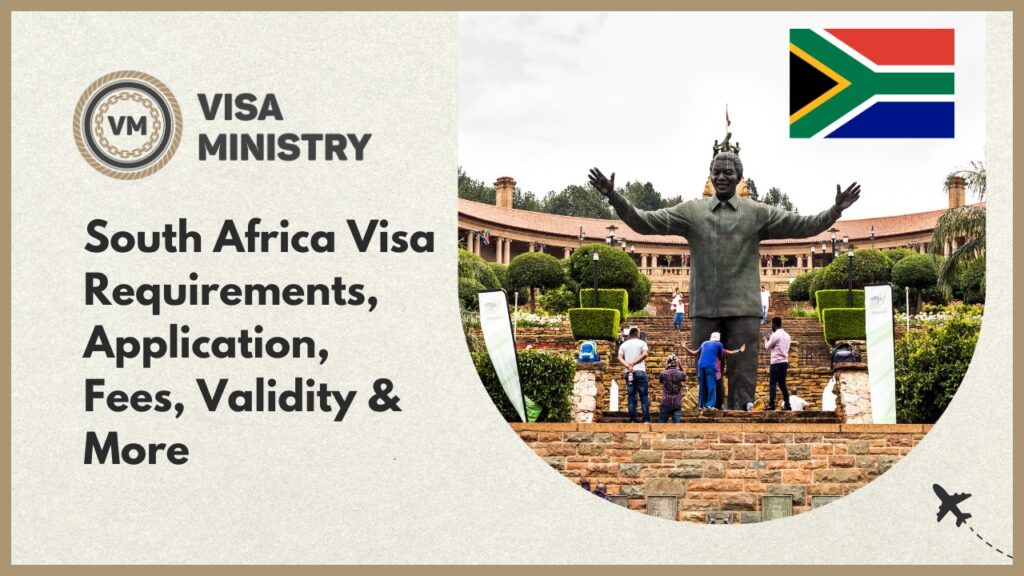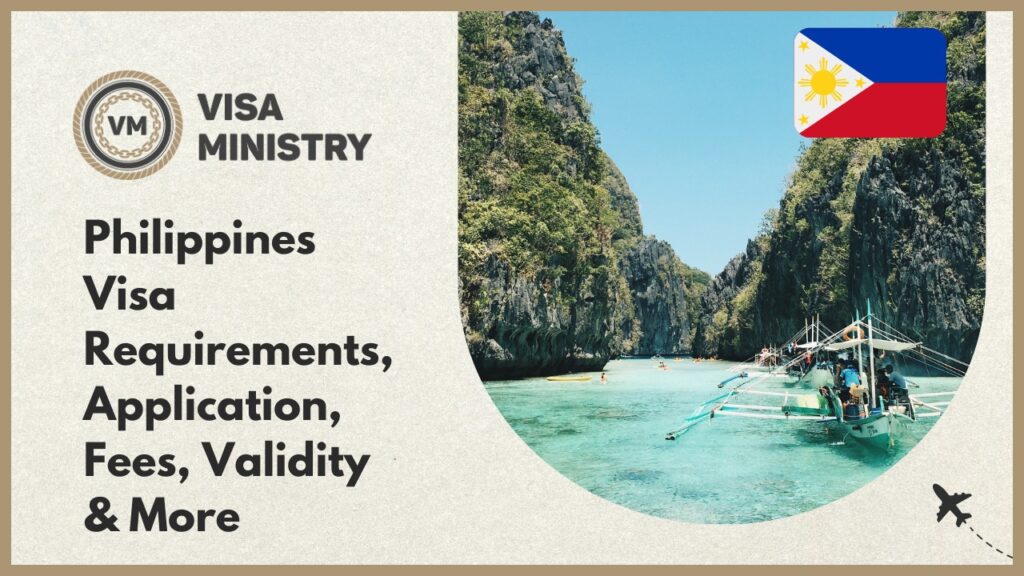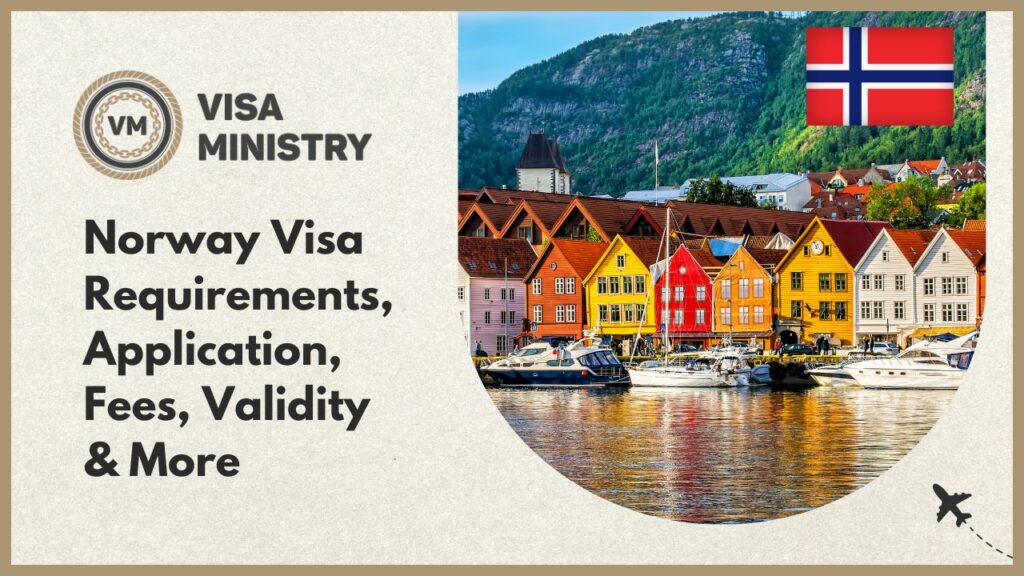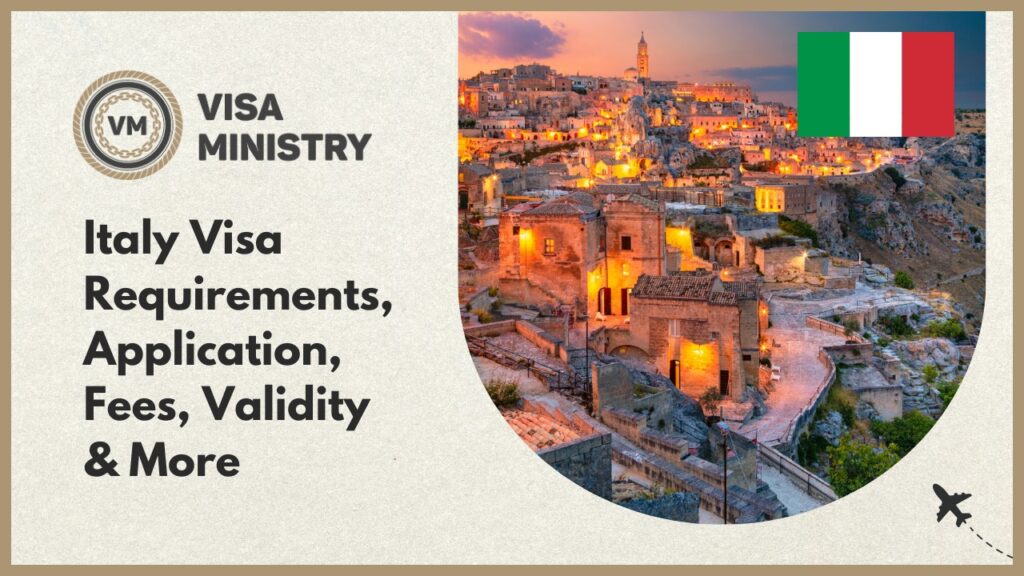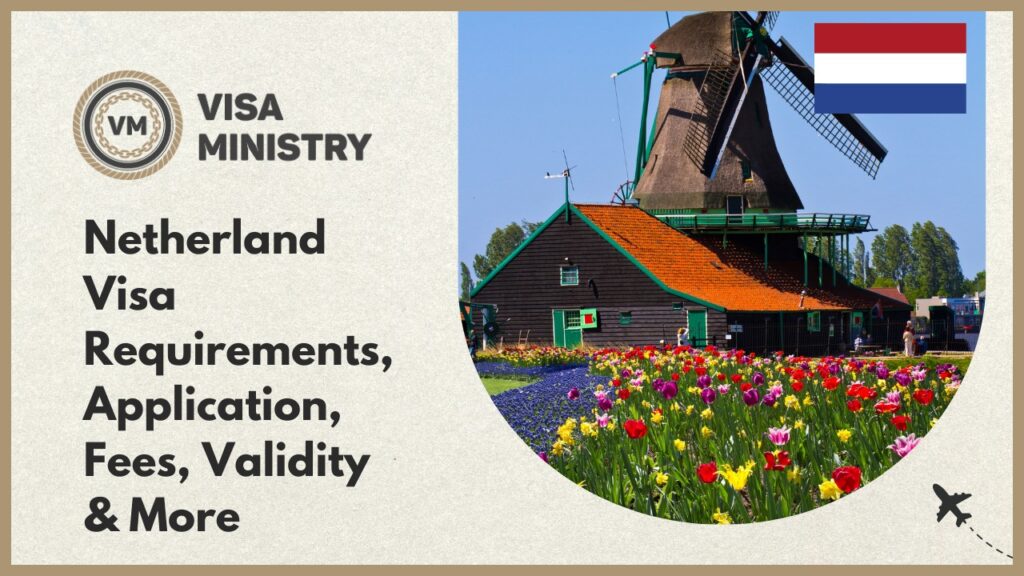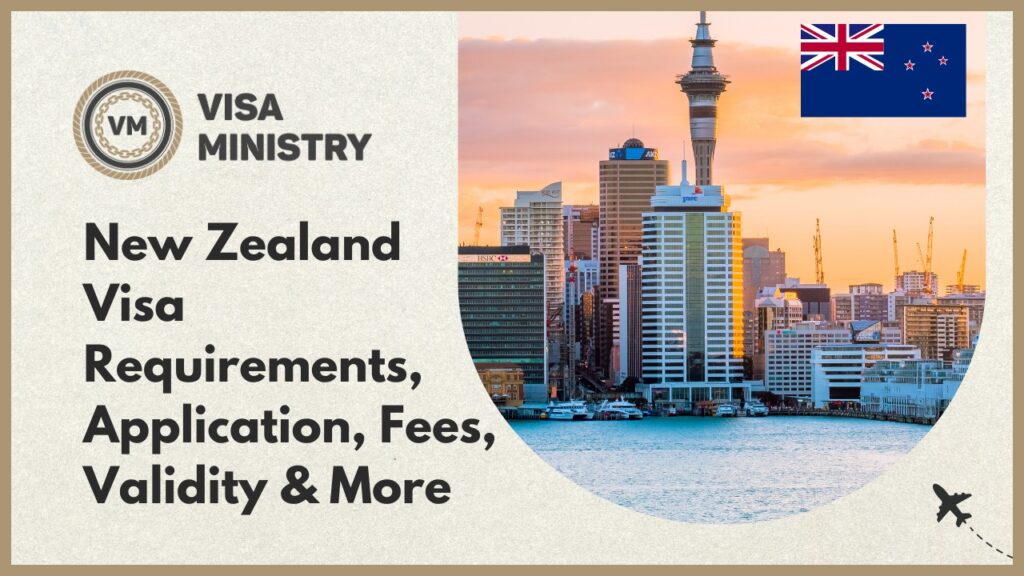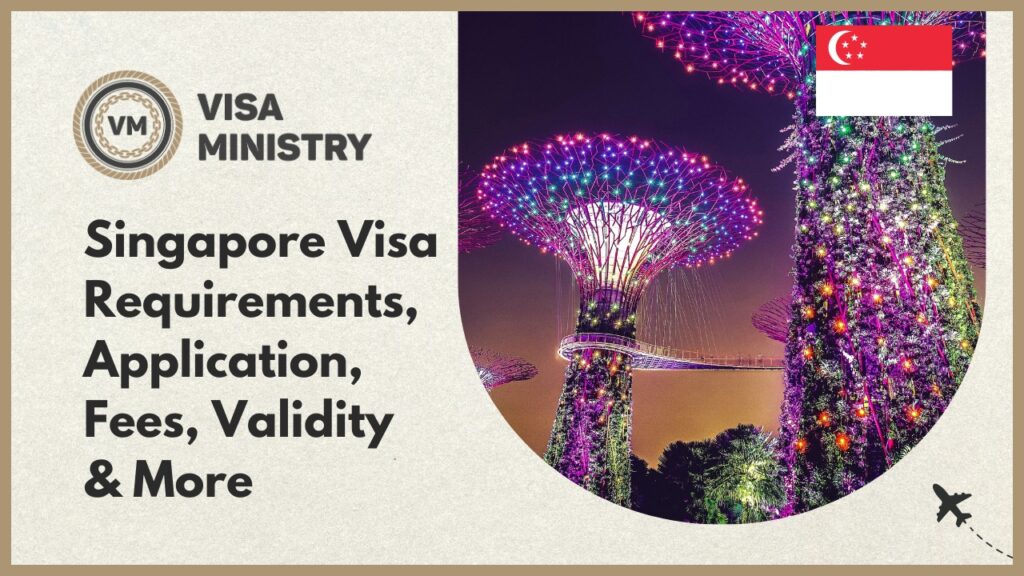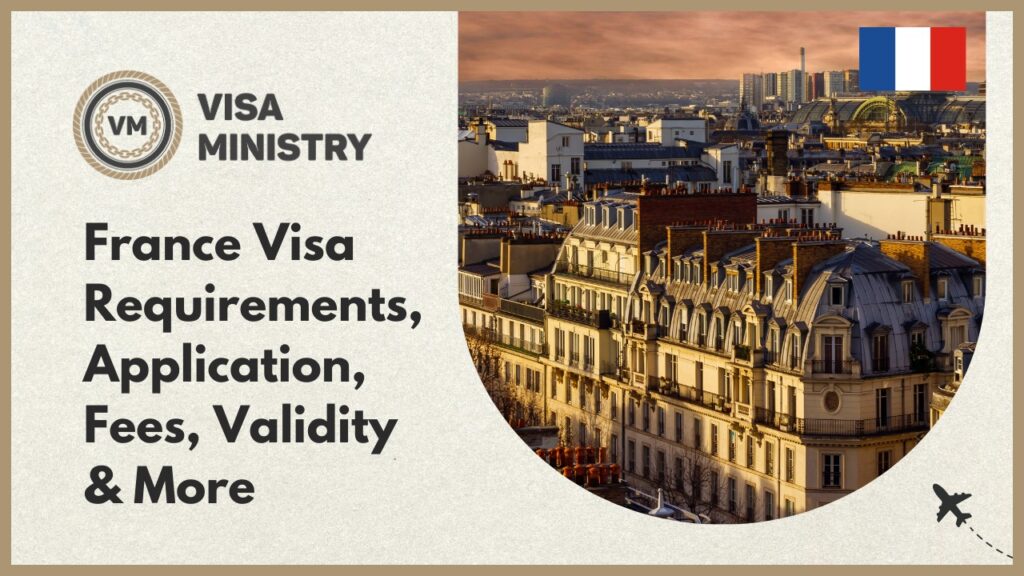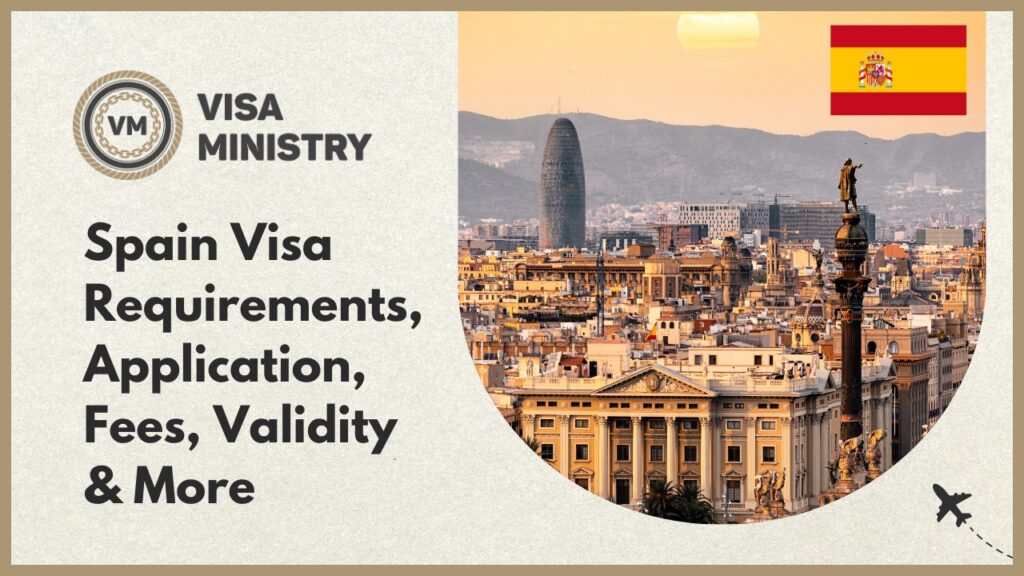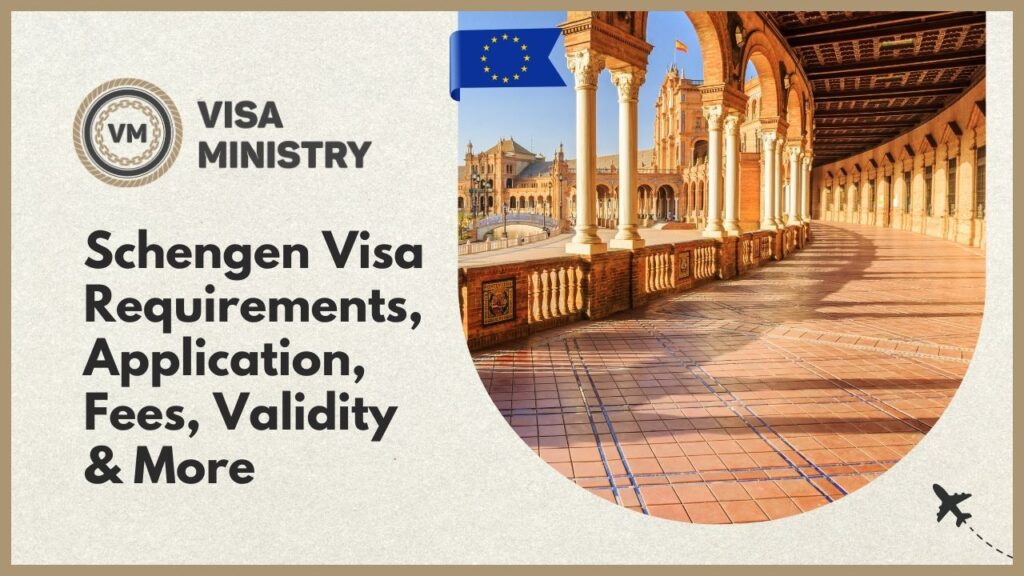South Africa Visa Requirements, Application, Fees, Validity & More
South Africa boasts natural beauty, dynamic cities, and cultural experiences. Visit South Africa for a once-in-a-lifetime safari, scenic coastline, or rich history. Before your trip, acquaint yourself with South Africa’s visa requirements, application procedure, fees, and validity to guarantee a smooth admission. South African visa types vary by purpose. Tourist, business, labor, study, and transit visas are most prevalent. Each visa category includes eligibility and restrictions. Your visa category must match your visit’s purpose. South African visas have conditions. First, you need a passport with at least six months left. You must correctly complete the visa application form and supply supporting documentation, including proof of lodging, financial means to fund your stay, return or onward travel, and health criteria, including immunizations. Depending on your nation, you can apply for a South Africa visa in person, by mail, or online. Apply well in advance of your travel date to allow for processing. Visa fees may include application, VFS service, and expedited processing expenses. Know your South Africa visa’s expiration date. Visa types affect validity. Before your visa expires, seek to extend your stay in South Africa. Overstaying your visa might impede future South African travel. Understanding the South Africa visa criteria, application procedure, fees, and validity is essential for a successful trip to this amazing nation. You may assure a seamless admission into South Africa and maximize your time discovering its delights by obtaining the relevant paperwork, filing your application accurately, and following the government’s requirements. Plan beforehand, observe the rules, and prepare for an exciting tour across South Africa’s various landscapes, interesting animals, and lively culture. Understanding South Africa Visa Types Understanding South Africa’s visa kinds is crucial when arranging a trip. South Africa visas: Tourist Visa: The tourist visa is for tourists, relatives, and friends visiting South Africa. This visa lets you stay in the country for 90 days. Tourist visas don’t allow jobs or business. Business Visa: You require a business visa to attend conferences, and meetings, or explore business prospects in South Africa. Unlike a tourist visa, this visa lets you remain for 180 days. An invitation letter from a South African firm, commercial operations, and financial records may be required. Work Visa: South Africa requires work visas. Those with a South African job offer or contract acquire this visa. Work visas are frequently related to a job and employer and have limits. A genuine employment offer and meeting South African Department of Home Affairs standards are essential. South African students need a study visa: South African educational institutions provide this visa to approved students. To get a study visa, you need evidence of enrollment, money for tuition and living expenses, and medical insurance. Transit Visa: You may need a transit visa to go via South Africa. This transit visa enables brief stays in South Africa. Your citizenship and South Africa stopover time determine if you require a transit visa. Understanding South African visa kinds can help you choose the right one for your travel. To apply successfully, examine each visa type’s requirements and qualifying criteria. South Africa Visa Requirements The South African Department of Home Affairs has procedures for obtaining a visa. Key South Africa visa requirements: Passport and Travel Documents: Your passport must be valid for at least six months after you leave South Africa. Visa stamps require vacant passport pages. Travel itineraries, invitation letters, and supporting paperwork from the host or sponsor in South Africa may be requested. Application Form: Fill out the South Africa visa form truthfully. You may fill out the application form online or at the South African embassy or consulate in your country. Provide personal information, visit purpose, anticipated stay, and other pertinent information. South African Accommodation: Provide evidence of accommodation. This might be a hotel reservation, rental agreement, or a host’s invitation letter. Make sure your accommodation proof covers your full South African stay. Financial Proof: Show that you can afford your stay in South Africa. Bank statements, traveler’s checks, credit card statements, or an employer letter stating your financial capability are examples. Your visit’s duration and purpose will determine the cost. Proof of Return or Onward Travel: Show proof of your return from South Africa. Flight tickets or itineraries are examples. To convince immigration authorities that you have a good cause to leave before your visa expires. Health Requirements: If you are flying from or have recently been to a high-risk infectious disease country, you may need to provide proof of specific vaccines. Check the South African Department of Home Affairs website or the local South African embassy or consulate for visa health requirements. It’s important to know that different visas demand different documentation. For complete visa requirements, see the South African Department of Home Affairs website or contact the local embassy or consulate. To provide ample processing time, gather all essential papers, complete the application form carefully, and submit your application well before your anticipated trip date. Failure to satisfy visa criteria may result in rejection. Application Process South African visas need multiple processes. This is the typical application procedure, which may vary by country: In-Person Application: Find your nearest South African embassy, consulate, or visa application facility. Visit the embassy or download the visa application form. Complete the application form. Gather your passport, proof of lodging, evidence of financial means, and other -visa-required papers. If necessary, schedule a visit to the embassy or visa application facility to submit your application. Submit your application and accompanying documentation during the appointment. Pay the visa cost when submitting. Keep the receipt. If asked, provide fingerprints and a picture. Get a receipt or tracking number to trace your application. Mail-in applications: Request the visa application form from the embassy’s website or by mail. Complete the application form with all required information. Gather your passport, proof of lodging, evidence of financial means, and other visa-required papers. For a secure passport and document return, prepare a self-addressed, prepaid envelope. Send your application, supporting documentation, and prepaid return envelope to the embassy
South Africa Visa Requirements, Application, Fees, Validity & More Read More »
